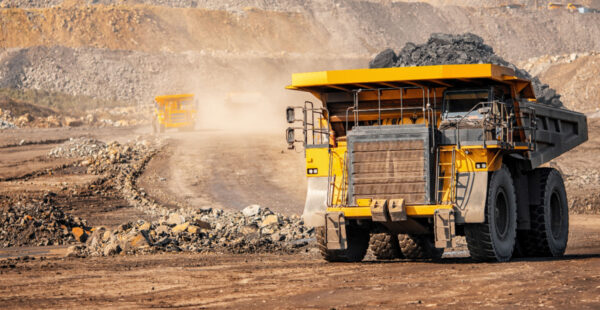Effectiveness of China policy measures questioned

China has initiated several tough policy measures and launched its Common Prosperity program in an effort to reduce chronic societal inequality and combat threats to economic growth, but its effectiveness is yet to be believed.
According to Peter van der Welle, Strategist at investment management firm Robeco, investors are remaining cautious about the measures and waiting to see genuine growth in China’s domestic economy.
“In 2022, China will likely be top of mind for investors… China as a single country has determined around 30-40 per cent of annual global GDP growth in the recent decade, and it led the global economic cycle into recovery in 2020,” Van der Welle said.
“However, in 2021, China’s contribution to global growth faltered on the back of a policy-induced deceleration domestically while developed economies caught up. China’s main domestic engines of growth – real estate, manufacturing and infrastructure – have been sputtering lately.
“With the monetary and fiscal impulse expected to decrease in the West into 2022, the fate of the Chinese growth trajectory becomes all the more important for the global economy.”
The launch of the Common Prosperity program in line with monetary policy also seeks to stabilise eventual economic growth equally among China’s 1.4 billion-strong population, with its implementation focused on uneven wealth and market power in the real estate, technology and education sectors.
“In terms of wealth inequality, Chinese society is largely on par with the US, with the richest 1% of households owning one-third of the country’s wealth,” Van der Welle said.
“It is President Xi Jinping’s fear that if this inequality persists, it will erode the middle class. This would lead to polarisation and the rise of the kind of populism seen in the US, potentially challenging the Communist Party.
“The Chinese political establishment realises that the country’s major problems are to be found at home, given a very high total debt-to-GDP ratio of 270%, an ageing population that is starting to gradually worsen the dependency ratio, and increasing environmental costs.”
Amid the ongoing COVID-19 pandemic, the Omicron variant triggering a new wave of lockdowns, and emerging evidence of the Sinovac vaccine’s ineffectiveness against the strain, Van der Welle said economic strain could increase in the near term.
“In order to burnish his credentials as a socialist party leader ahead of the 2022 Party Congress, President Xi will likely be determined to safeguard social stability by engineering a soft landing for the economy in the near term,” Van der Welle said.
“Although China’s policy muscles have clearly been flexed, the jury is still out on whether they can still do the heavy lifting.”











You are assuming they are trying to fix the "problem". They're trying to keep home owners happy and working on…
Mr Molino was never the member for Fraser in the ACT. The seat was renamed Fenner for the 2016 election…
Govts disastrous failures. 20 years of morons in Canberra and look at the results. Housing & Fin Advice two very…
The PHD in economics is the scariest. How many academics actually understand the real world
Money is leaving at a slower rate with this being considered by AMP management as a positive. Australia's Money Pit…